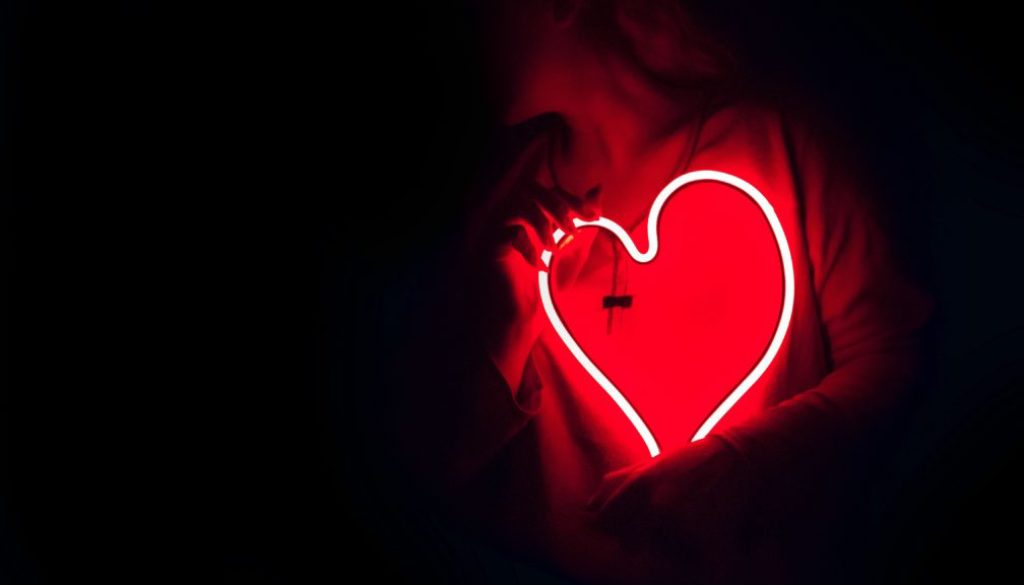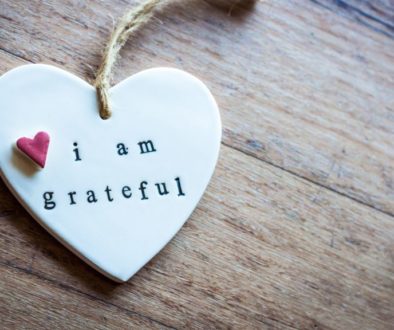Are You Addicted To Love? 3 Ways to Break Free From A Codependent Relationship
Are you addicted to love? If you’ve been struggling to admit it, I’m with you. I am a recovering love addict.
I used to put love and my partner on a pedestal. It was my top priority. Every decision and action that I made was based on my partner’s needs. I realized that I was just desperately seeking validation of my self-worth. That was a hard pill to swallow.
A lot of love addicts have codependent tendencies. The term, co-dependency, describes relationships in which a person had a deep-seated need to rescue, help, care for, and fix his or her partner. This description used to be written all over my face. Everyone could see it but me.
The good news is that codependency is a learned behavior which means that it can be unlearned, and that’s exactly what I did. Are you ready to learn 3 ways that you can break free from a codependent relationship?
Watch the video below:
(Click here to watch on YouTube)
(Podcast Coming Soon)
Are you ready to learn how you can get back up when life knocks you on your ass? CLICK HERE for instant access to my free resilience mastery guidebook!
If you are addicted to love, you aren’t alone.
Love addiction is actually quite common. However, most people do not want to admit that they are, or don’t realize that they are until they have lost themselves.
Stanton Peele said it best – “We often say ‘love’ when we really mean and are acting out, an addiction – a sterile, ingrown dependency relationship, with another person serving as the object of our need for security.”
Intense romance can often come with symptoms resembling addiction – euphoria, craving, dependence, withdrawal, and relapse. More importantly, brain scans have shown that it can be linked to drug-addiction-like activity in the brain’s reward centers.
Crazy, right?
This behavioral pattern can be traced back to one’s childhood; those who had parents that were emotionally unavailable may have triggered feelings of dependence, which drove them to become co-dependent on their partners.
I was an only child that was raised by a doting, single mother. I turned that same kind of hyperfocused attention towards my ex-partners. Their approval meant everything to me, just like it did with my mother. However, the constant affection and attention that I gave to my partners not only made them push me away, but they also took me for granted.
I gave and they took. This selfish cycle slowly diminished my self-worth and I found myself thinking that I wasn’t enough for anyone. When conflict arose, it was thrilling and debilitating at the same time. I used to look at my partner’s and think, “He is my everything. I’ll do whatever it takes to fix this.”
I was hooked on messy love.
Codependent behavior often leads one to overlook the shortcomings of the partner and attempt to make up for the emotional deficiency of the partner. They offer and give too much of themselves in the hope that the partner will be inspired to change by the love they give. Boom. That was me in a nutshell.
I thought that if I hung in there one last time and gave all of my love, understanding, and support, that I would get the love that I desired most. Not surprisingly, I never did. I stopped believing in myself.
How can you tell if you are addicted to a person and falling into codependent relationship patterns?
- Are you a people pleaser that goes above and beyond to make your partner happy?
- Do you define your self-worth based on what others think of you?
- Is giving too much in a relationship and getting nothing back in return the norm for you?
- Are creating healthy boundaries difficult for you to do?
If you answered yes to any or all of these questions, breathe. The first step to changing anything in life is awareness. Admitting that something is unhealthy is the best way to address the problem and effectively solve it.
A silver lining to all this is that codependency can be unlearned. I want to share some healthy steps that you can take in order to start the healing process away from codependent behavior and towards self-love.
Here are 3 ways that you can break free from a codependent relationship:
1. Communicate Your Feelings
Codependents struggle to communicate their thoughts, feelings and needs to their partner. This creates unhealthy relationship patterns where neither partner understands what they need in order to feel heard and seen.
In the words of Barbara De Angelis, “In all codependent relationships, the rescuer needs the victim as much as the victim needs the rescuer.”
Instead of hiding your feelings, express how you feel in a direct and honest way and encourage your partner to do the same. Yes, it’s going to feel uncomfortable at first, especially if you weren’t taught how to communicate from an early age.
However, eventually, it will get easier and create an environment where you and your partner can openly talk about your relationship goals and needs, and how each of you can satisfy them.
2. Reclaim Your Inner Power
Codependent people tend to be people pleasers who ignore their own needs while doing anything to fulfill the needs of their partner. You can become burned out, exhausted, and begin to neglect other important relationships.
By making yourself a priority and engaging in activities that elevate your self-worth, you can begin the process of loving yourself.
What areas of your life have you been neglecting? Make an effort to nurture what is important to you. Once you do, you will reclaim your inner power.
If your partner acknowledges the personal shifts that you make towards being a more whole person, amazing. If he/she does not, then it’s time to rethink whether or not you are in a relationship that serves your highest self.
3. Find A Solid Support Network
When you are healing from a codependent relationship, it’s vital that you surround yourself with a positive and supportive tribe of people who can empower and uplift you through the difficult times.
In the initial stages of detaching from the grips of your codependent behavioral patterns, you will go through waves of emotions. However, over time you will find your way back to yourself again. That is, only if you want. You can have all the desire in the world, but if you don’t believe that it’s possible, nothing will change.
I also recommend working with a counselor who can help you identify and examine your codependent patterns from an objective standpoint. Seeking help isn’t a sign of weakness or failure. Rather, it’s a strength.
Being addicted to a person is toxic.
If you find yourself a victim of this behavior, you can use the steps above to break free from co-dependent relationship patterns for good. Don’t confuse co-dependency with true love.
When you’ve recovered from codependent behavioral patterns, you feel empowered to no longer stay in an unhealthy relationship. The only person’s happiness that you are responsible for is your own.
Healthy love is characterized by unconditional love, respect, and honesty, but it starts with loving yourself. When you have mastered that, love addiction will become a thing of the past.
Are you ready to break free from the self-destructive nature of love addiction?
Are you ready to learn how you can get back up when life knocks you on your ass? CLICK HERE for instant access to my free resilience mastery guidebook!
Please subscribe below to get automatic updates of my latest video blogs:
Thank you so much for your support, and if you have yet to leave a rating or review, please leave me an honest one on YouTube or below on the blog. Much love!



